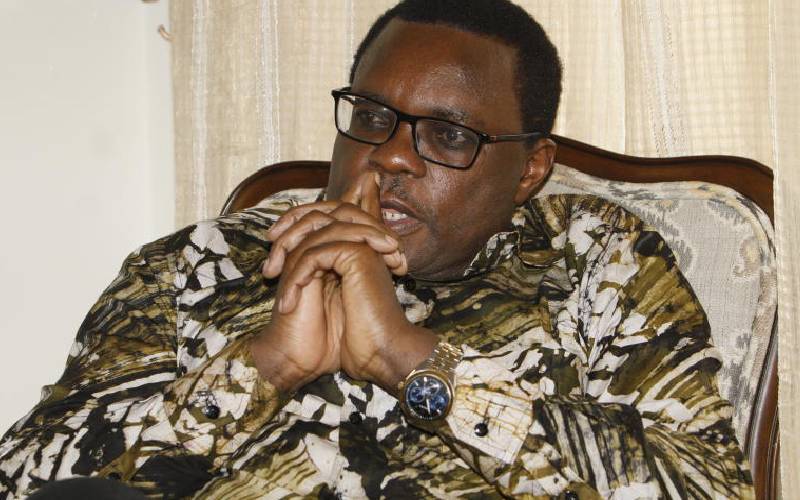×
The Standard e-Paper
Fearless, Trusted News

Senate Speaker Kenneth Lusaka (pictured) approved the removal of Senate Majority Leader Kipchumba Murkomen and Majority Whip Susan Kihika on Monday but in the process opened himself up for scrutiny in the background of the vicious power struggles in the ruling Jubilee party.